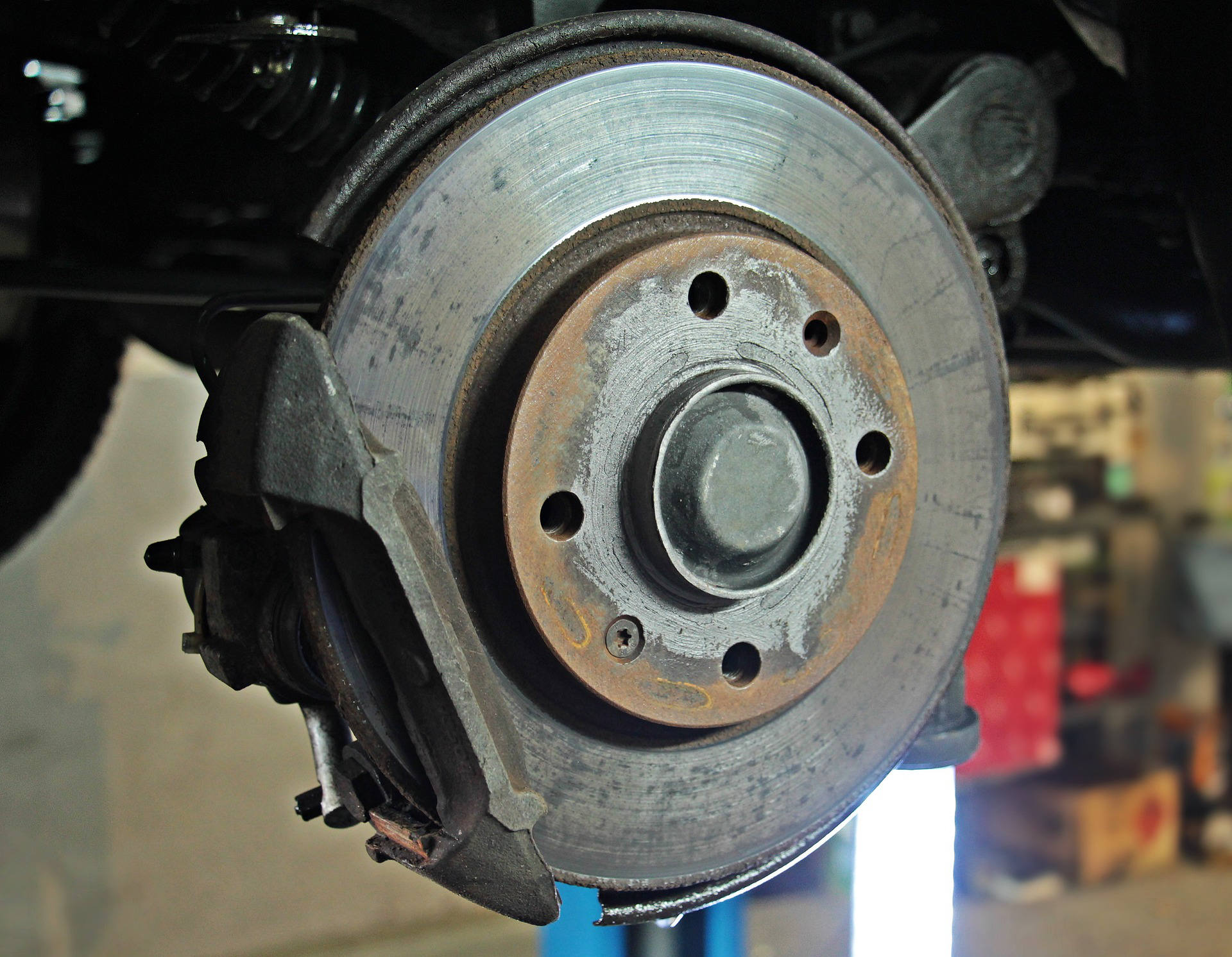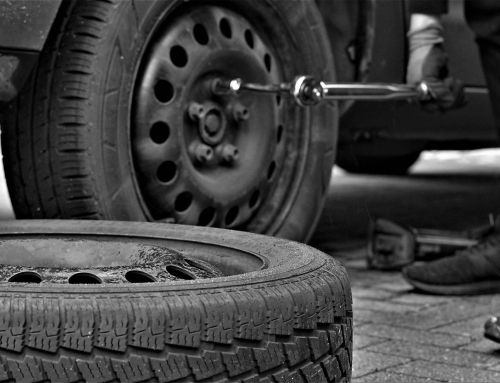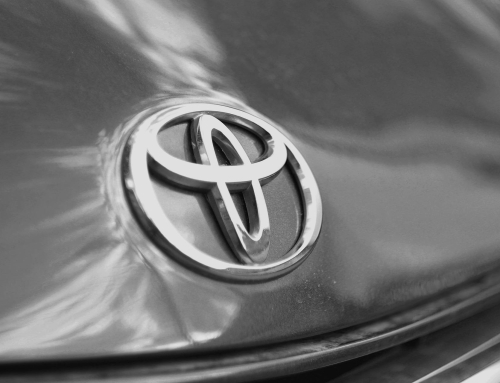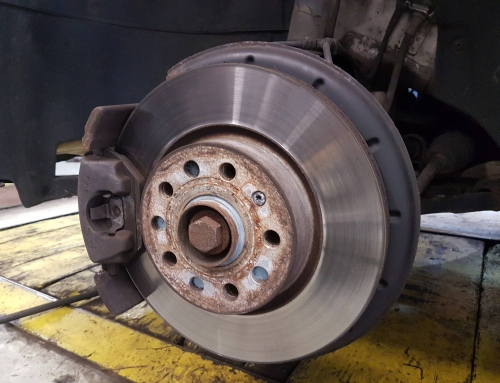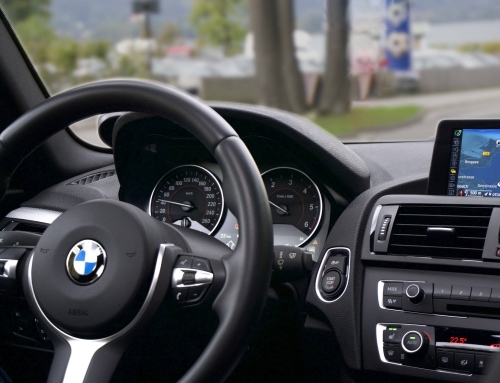Contents
- 1 The Importance of Regular Brake Fluid Replacement
- 2 Manufacturer Recommendations and Mileage
- 3 The Risks of Contaminated Brake Fluid
- 4 Cost of Brake Fluid Replacement
- 5 How to Perform a Visual Check of Brake Fluid
- 6 The Role of Moisture in Brake Fluid Contamination
- 7 Benefits of Professional Brake Fluid Checks
The Importance of Regular Brake Fluid Replacement
You’ve probably heard that engine oil is your vehicle’s lifeblood, essential for keeping it running smoothly. Similarly, brake fluid is critical in ensuring your vehicle’s stopping power. Understanding the importance of brake fluid maintenance is crucial for your safety on the road. So, how often should you replace brake fluid? The answer depends mainly on your vehicle’s manufacturer recommendations and driving conditions.
Manufacturer Recommendations and Mileage
Most vehicle manufacturers provide guidelines on how often to change brake fluid. These recommendations typically range from every two to three years or every 45,000 miles. However, some manufacturers do not specify a particular interval. In such cases, it is wise to consult a trusted mechanic or the trained technicians at Jiffy Lube® for advice tailored to your vehicle model and driving habits.
The Risks of Contaminated Brake Fluid
Modern vehicles utilize hydraulic brake systems, which use brake fluid to function effectively. Although these systems are sealed, the brake fluid can become contaminated over time. This contamination can occur due to the degradation of additives in the fluid or moisture infiltration into the system. Contaminated brake fluid can severely impact the performance of your brakes. You might notice symptoms like a spongy brake pedal or reduced stopping power, which indicate that your brake fluid needs attention.
Cost of Brake Fluid Replacement
While some vehicle maintenance tasks can be expensive, changing brake fluid is relatively affordable. A brake fluid flush typically costs around $100 or less. Considering the potential damage that contaminated brake fluid can cause—such as corrosion in the brake lines, calipers, and other components—this small investment can save you from costly repairs. The trained technicians at Jiffy Lube® can also help you choose the right type of brake fluid for your vehicle, ensuring optimal performance and longevity.
How to Perform a Visual Check of Brake Fluid
Even if you’re not a car expert, you can perform a basic visual check of your brake fluid. This can show you whether it’s time for a replacement.
You can check by locating the reservoir for the brake fluid. This can be found under the hood usually attached to the top of the master cylinder. The fluid should appear transparent or have a slight orange, blue, or green tint. If the fluid looks dark or murky, it’s a sign that it may be contaminated and needs to be changed. Suppose you’re unsure about the condition of your brake fluid. In that case, it’s best to have a professional inspection, especially if you live in an area with high humidity, which can accelerate fluid contamination.
The Role of Moisture in Brake Fluid Contamination
Moisture is one of the primary culprits behind brake fluid contamination.
Brake fluid absorbs moisture from the air, that property is called hygroscopic. Even though the brake system is sealed, small amounts of moisture can still seep in. Over time, this moisture can lower the boiling point of the brake fluid. This may cause the efficiency of the car’s braking to be reduced or even fail in serious cases. Regularly testing your brake fluid for moisture content is a good practice, mainly if you live in a humid climate.
Benefits of Professional Brake Fluid Checks
While conducting a basic check yourself is possible, a professional brake fluid check can provide a more comprehensive assessment. At service centers like Jiffy Lube®, trained technicians use specialized equipment to test your brake fluid’s moisture and copper content. This detailed analysis can help identify problems that were not apparent without a visual inspection. Getting this professional check-up at least once a year is recommended to ensure your brake system remains in top condition.
Maintenance of the brake fluid isn’t just recommended; it’s necessary for safe driving. By adhering to manufacturer guidelines and conducting regular checks, you can avoid the risks of contaminated brake fluid. Whether you handle the inspection yourself or seek professional help, keeping an eye on your brake fluid can save you money and ensure your safety on the road. Don’t neglect this essential aspect of vehicle maintenance—make it a priority to check and replace your brake fluid as needed.

